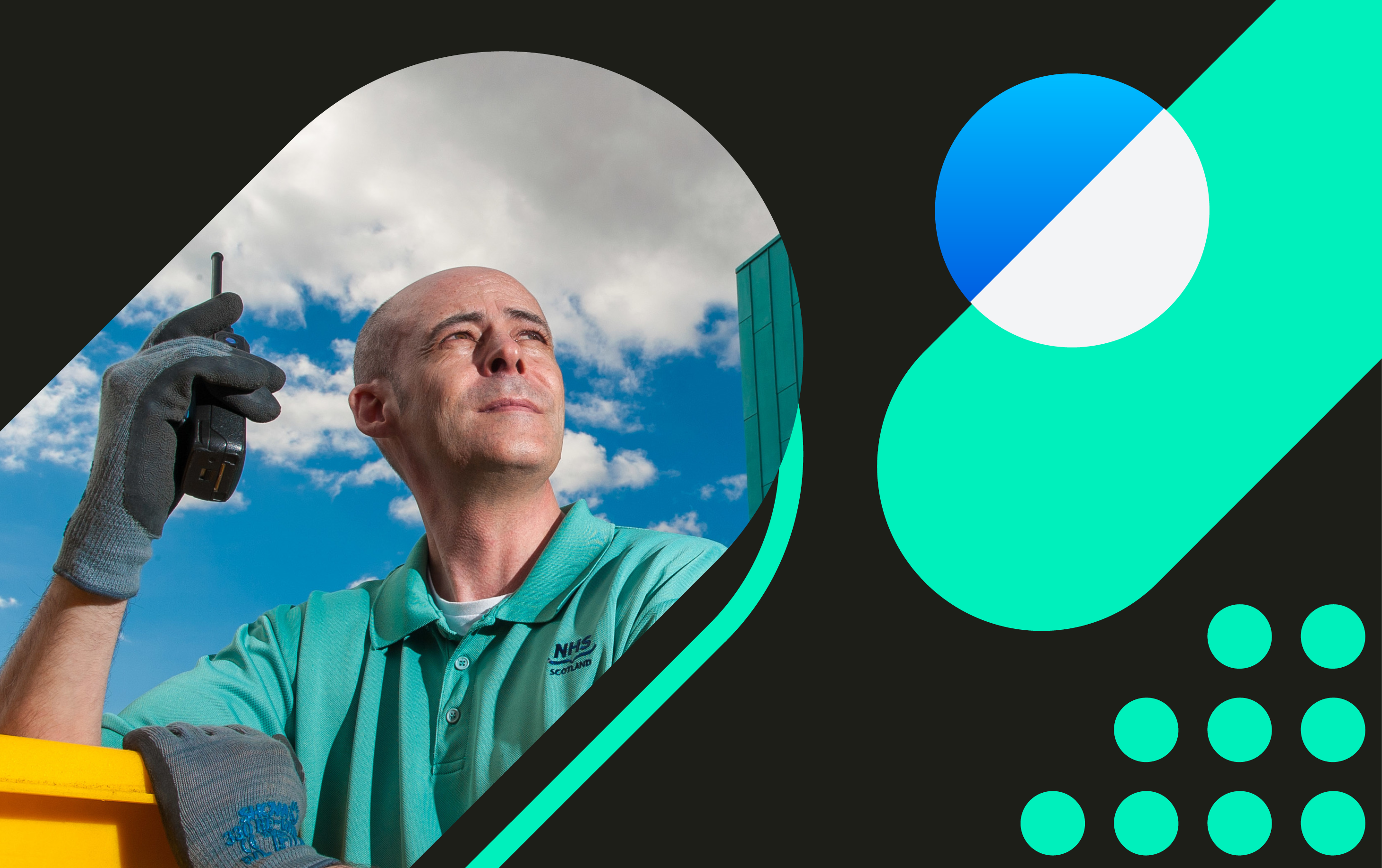
‘Evaluation and validation of NHS AI is paramount if it is to be deployed safely and effectively’
‘AI adoption across the health service may not be as fast as many would like, but its evaluation and validation for patient safety is vital to lasting success,’ says a formal NHS Scotland partner
InnoScot Health insists that fast deployment in response to growing demand should not outweigh the need for rigorous testing to ensure artificial intelligence technologies are as effective as possible, giving assurance to all.
It was recently announced that a £1 million project is now firmly underway in Scotland, testing AI’s technical performance as well as integration with existing clinical workflows for potentially less invasive and more cost-effective treatment options.
While it is thought that rapidly evolving AI tools hold the ability to enhance accuracy and enable earlier detection of health issues amongst other benefits, first establishing safety and effectiveness is a key aspect of the new project funded by Innovate UK.
The scheme involves collaboration between NHS Greater Glasgow and Clyde, NHS Lothian, and AI evaluation company Aival. It is bringing together hospitals, as well as Glasgow and Edinburgh universities, to create a “validation framework” for assessing potential rollout.
Head of Innovation at InnoScot Health, Robert Rea, said: “This is vital work in order to lay the foundations for a safe, sustainable AI future across NHS Scotland.
“Everyone recognises just how transformative AI could be for Scottish healthcare, but it simply cannot be deployed or accelerated lightly, with both short and long-term efficacy needing to be evaluated. The NHS cannot run before it walks.
“It is therefore reassuring that meaningful work is now underway to ensure that, when and if it is integrated into our health service, it is done with the utmost care and that trust has been fully established.”
Aival is working with NHS Lothian and NHS Greater Glasgow and Clyde to independently “assess scalable solutions for validating clinical AI tools” before procurement is considered.
The company will look at AI systems for diagnosing head trauma and lung cancer with the aim of improving care for patients and supporting NHS staff.
It will leverage anonymised patient data and provide ongoing monitoring once the software is deployed.
Dr Rishi Ramaesh, consultant radiologist and innovation fellow at NHS Lothian, said: "Artificial intelligence has tremendous potential to improve patient care, but healthcare leaders need confidence that these systems are safe and effective.
"This project will help healthcare leaders to evaluate AI, and make sure that new technologies deliver real benefits for patients."
Luciana D’Adderio, Edinburgh University academic and AI evaluation and assurance expert, noted the “urgent need for innovative tools and technologies for AI assurance, which themselves must undergo thorough evaluation and validation”.
Robert added: “If we are to improve patient outcomes while maximising cost-effectiveness, then we must first be certain that no one is put at risk.
“AI’s true benefits may not be realised and public trust irreparably damaged if we don’t get it right first time.”

Got an idea?
Every innovation starts with an idea. Ideas from people like you. People working within health and social care who can spot opportunities, solve problems, and identify ways to make things better.
If you have an innovative healthcare idea, then InnoScot Health would like to hear from you. You can start by booking a consultation or submitting your idea.
Chat